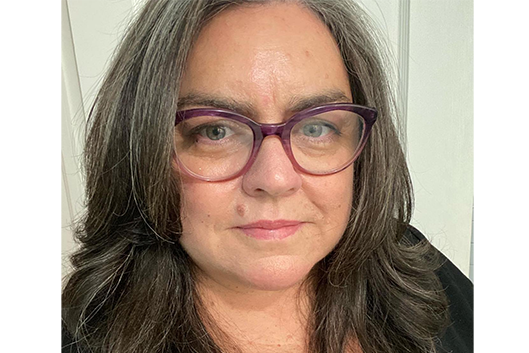Event sponsored by:
Trent Center for Bioethics, Humanities & History of Medicine
School of Medicine (SOM)
Contact:
Trent Center
Speaker:
Kylie Smith, PhD
Registration deadline for in-person event: Friday, January 19
Professor Smith will discuss her book project, Jim Crow in the Asylum: Psychiatry and Civil Rights in the American South, which focuses on the impact of the Civil Rights Act on segregated psychiatric hospitals in Georgia, Alabama, and Mississippi. The project draws on original records, court cases and personal testimony to expose the racist ideas that underpinned the treatment of African Americans with mental illness and saw psychiatric hospitals used as dumping grounds for some of the south's most vulnerable people.
In this talk, Professor Smith will present an analysis and interpretation of diagnostic data from the past and will consider the implications of this data for current disparities. She will also explore the ethical issues associated with undertaking this kind of research and discuss the significance of historical context for clinical practice today.
Kylie Smith is Associate Professor and Director of the Center for Healthcare History and Policy in the Nell Hodgson Woodruff School of Nursing, and Associate Faculty in the History Department, at Emory University in Atlanta, Georgia. She earned her PhD in the history of psychiatry in Australia, and is the author of the award winning book, Talking Therapy: Knowledge and Power in American Psychiatric Nursing, published by Rutgers University Press in 2020. Her upcoming book, Jim Crow in the Asylum: Psychiatry and Civil Rights in the American South, will be published by UNC Press early in 2025 and is supported by a grant from the US National Library of Medicine.
Lecture Hall 2002 is one floor directly above the main lobby of Duke Hospital.
This talk is co-sponsored by the History of Medicine Collections in the Rubenstein Rare Book & Manuscript Library at Duke. The library is holding another talk by Professor Smith on January 23rd at 5:30 PM.
Trent Humanities in Medicine Lecture